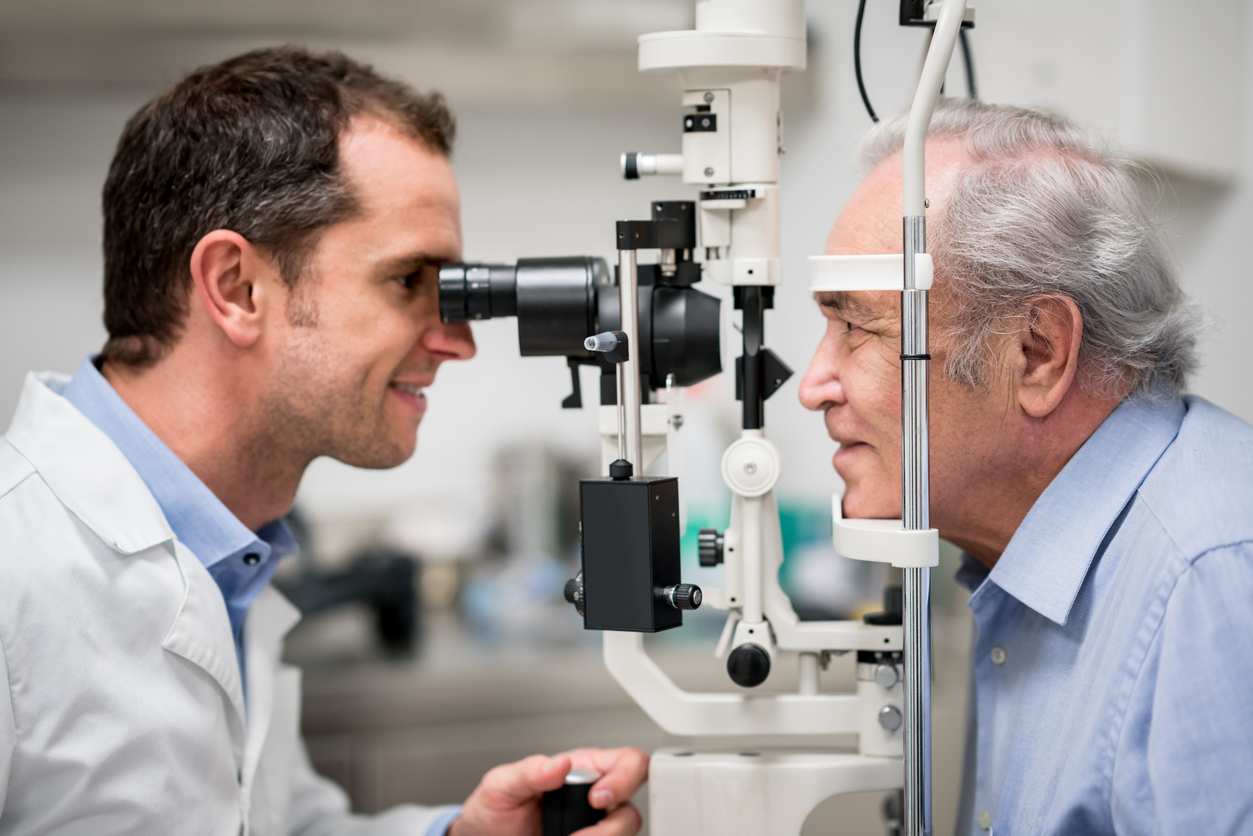Temporary Blindness: Symptoms, Causes, Treatment
What are the symptoms of temporary blindness?
Temporary blindness, also known as transient vision loss or amaurosis fugax, is a temporary loss of vision in one or both eyes. It can occur suddenly and typically lasts for a few seconds to a few minutes. Symptoms of temporary blindness can vary depending on the underlying cause but may include:
- Blurred vision: Vision may become blurry or unclear during an episode of temporary blindness.
- Partial vision loss: Some people may experience partial vision loss, where only part of the visual field is affected.
- Complete vision loss: In some cases, there may be a complete loss of vision in one or both eyes, which typically lasts for a short duration.
- Visual disturbances: Some people may experience visual disturbances such as seeing flashing lights, zigzag lines, or a curtain-like effect over their vision.
- Other symptoms: Temporary blindness may be accompanied by other symptoms such as headache, dizziness, confusion, or weakness.
It’s important to seek medical attention if you experience temporary blindness, as it can be a sign of a serious underlying condition, such as a transient ischemic attack (TIA) or a retinal artery occlusion. A healthcare professional can perform a thorough evaluation to determine the cause of temporary blindness and recommend appropriate treatment.
What are the causes of temporary blindness?
Temporary blindness, or transient vision loss, can be caused by a variety of factors. Some common causes include:
- Transient ischemic attack (TIA): A TIA is often referred to as a “mini-stroke” and occurs when there is a temporary disruption in blood flow to the brain. This can affect the vision and other functions but typically resolves within a short time.
- Migraine: Some people experience visual disturbances, including temporary blindness, as part of a migraine aura. This usually resolves once the migraine attack is over.
- Retinal artery occlusion: A blockage in one of the arteries supplying blood to the retina can cause temporary blindness in one eye. This is a serious condition that requires immediate medical attention.
- Hypoglycemia: Low blood sugar levels can lead to temporary vision changes, including blindness, in some individuals.
- Transient cortical blindness: This rare condition involves a temporary loss of vision due to dysfunction in the visual processing centers of the brain. It can be caused by various factors, including seizures, head trauma, or certain medications.
- Ocular migraines: These are migraines that specifically affect the vision, causing temporary blindness or visual disturbances in one or both eyes.
- Other causes: Other less common causes of temporary blindness include optic neuritis (inflammation of the optic nerve), retinal detachment, and certain medications or toxins.
It’s important to seek medical attention if you experience temporary blindness, as it can be a sign of a serious underlying condition. A healthcare professional can perform a thorough evaluation to determine the cause and recommend appropriate treatment.
What is the treatment for temporary blindness?
The treatment for temporary blindness, also known as transient vision loss or amaurosis fugax, depends on the underlying cause. In many cases, the treatment focuses on addressing the underlying condition to prevent further episodes of temporary blindness. Some common treatment approaches include:
- Management of underlying conditions: If temporary blindness is caused by conditions such as transient ischemic attack (TIA), migraine, or low blood sugar, treatment may involve managing these underlying conditions through medication, lifestyle changes, or other interventions.
- Medication: In some cases, medication may be prescribed to help prevent further episodes of temporary blindness. For example, antiplatelet medications or anticoagulants may be prescribed to reduce the risk of blood clots in individuals with a history of TIAs or other vascular conditions.
- Lifestyle modifications: Making lifestyle changes, such as maintaining a healthy diet, exercising regularly, and avoiding smoking, can help reduce the risk of conditions that can lead to temporary blindness, such as cardiovascular disease and diabetes.
- Surgery: In some cases, surgery may be recommended to address underlying issues that can lead to temporary blindness, such as carotid artery stenosis (narrowing of the carotid arteries).
- Vision rehabilitation: If temporary blindness has resulted in permanent vision loss, vision rehabilitation services may be helpful in adapting to vision changes and maximizing remaining vision.
It’s important for individuals who experience temporary blindness to seek medical attention promptly to determine the underlying cause and receive appropriate treatment. Prompt treatment can help prevent further episodes of temporary blindness and reduce the risk of serious complications.




